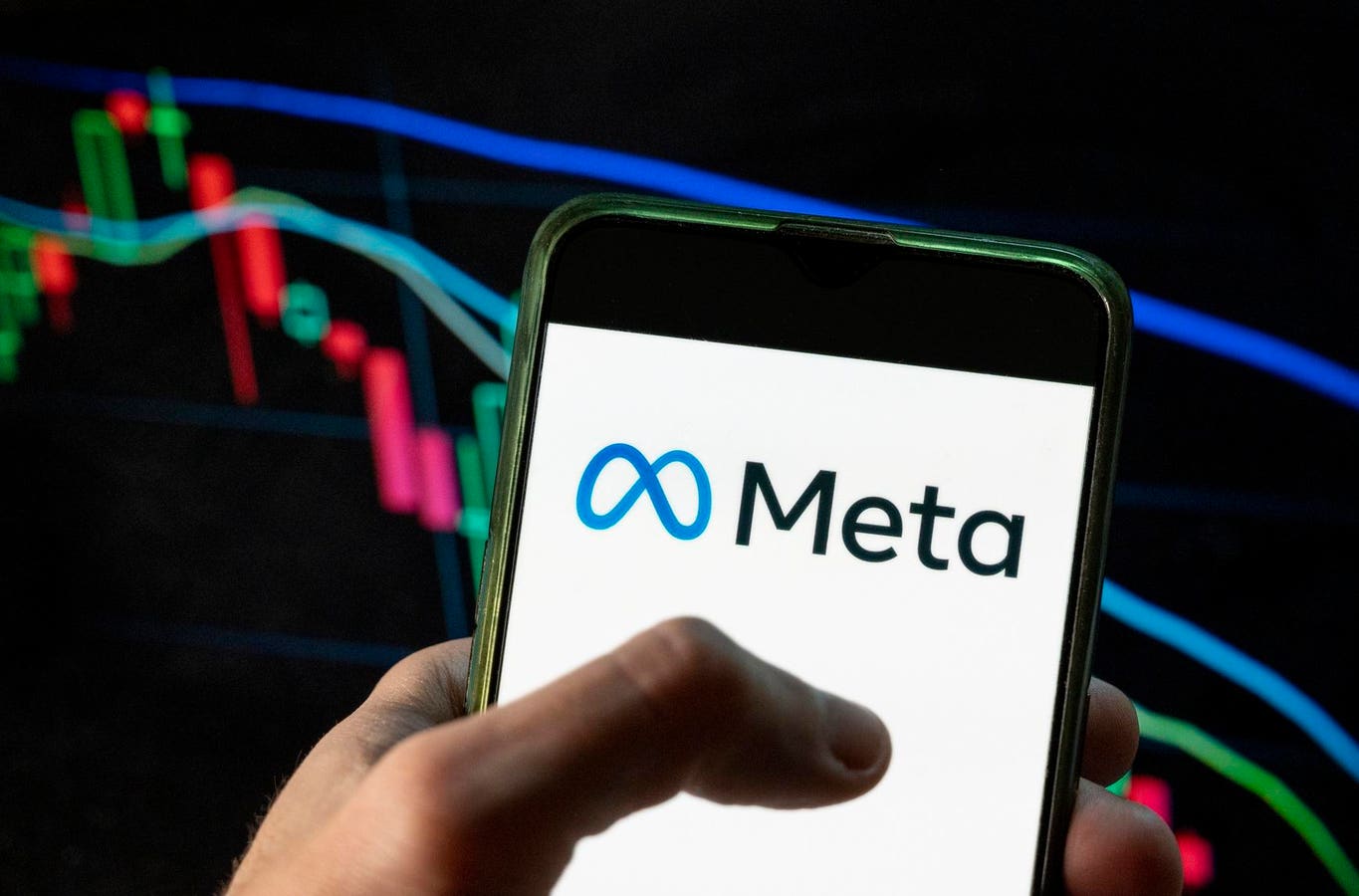The regulators are coming for big tech. It’s not what it seems. This is what investors need to know.
European regulators outlined in early September the benefits of the Digital Markets Act, a framework designed to curb anti-competitive practices at six tech gatekeepers. The DMA will benefit big tech platforms.
Investors should buy Meta Platforms (META) into weakness.
Regulators see the rising power of big tech platforms Apple
AAPL
MSFT
The DMA aims to increase competition to big tech by prohibiting gatekeepers from monetizing the data they collect about individual users. Also, the platforms must release their stranglehold on critical applications like as maps, messaging, and digital wallets.
This all reads like a kill shot for the regulators. Thierry Breton, European Union commissioner called the legislation “D-Day for large tech players”, according to a report last week in The Guardian. The DMA is not that. It’s not even close.
The problem with regulating big tech at this stage is the gatekeepers have already won.
Setting new rules for monetization erects barriers to new entrants. It’s going to be difficult for fledgling companies to build an alternative to Google
GOOG
GOOG
Then there is the inconvenient truth that consumers prefer the large technology platforms. Apple topped Fortune magazine’s list this year of the most admired companies. Amazon.com, Microsoft, and Alphabet were in the top seven. These companies make products and services their customers actually like. Claims about consumer harm are dubious at best.
Meta does not rank as well on the Fortune survey. A series of scandals should make the social media giant ripe for the regulator taking. Unfortunately for regulators, Meta’s big platforms, Facebook, Instagram, and WhatsApp, are extremely sticky. Members simply have not shown any real willingness to leave regardless of their feelings about the parent company. Members stay because their friends and family live there. These platforms have become their digital neighborhoods.
Executives at Meta reported in July that total monthly active membership exceeded 3 billion for the first time, up 3% versus a year ago. This is an astonishing figure. The total number of people online globally is only 5.2 billion. Nearly 60% have Meta accounts.
While the reach of Meta is formidable, the Menlo Calif.-based company has another ace card to play.
Regulators often wax poetically about protecting individual data from advertisers. This emotional argument is normally framed around privacy. However, individual data is largely irrelevant to advertisers. Meta is serving ad buyers with demographic information for campaign testing. And advances in artificial intelligence at Meta mean these campaigns are more effective than ever.
Executives noted in June that advertisers were able to achieve record results using Meta Advantage, an adtech platform that uses AI to automate campaign testing on a massive scale. Advantage is delivering better results by continually refining campaigns by looking for patterns in the data that are normally impossible to find.
It’s part of the regulator’s conundrum. Legislators are worried about old battles, like user data. Meta has moved on. New rules will only hurt competitors with less advanced tools.
The futility of regulators is best illustrated by the Canada’s Online News Act, a framework that will become law at the end of 2023. ONA requires Google and Meta to pay Canadian media publishers a fee if links to their content appears in Google search, or is shared on Meta’s social platforms. Executives at Meta declined to pay and began removing all links to Canadian news. The impact to publishers is devastating. Readers use Facebook to discover content.
The bottom line is the big tech platforms are immensely powerful, and entrenched. Paradoxically, regulation erects barriers to entry for competitors, making them stronger.
Investors should buy Meta into any decline toward $255.
Unlock your full investment potential with our Strategic Advantage newsletter. Join us for a $1 trial and start achieving your financial goals today!
Read the full article here













